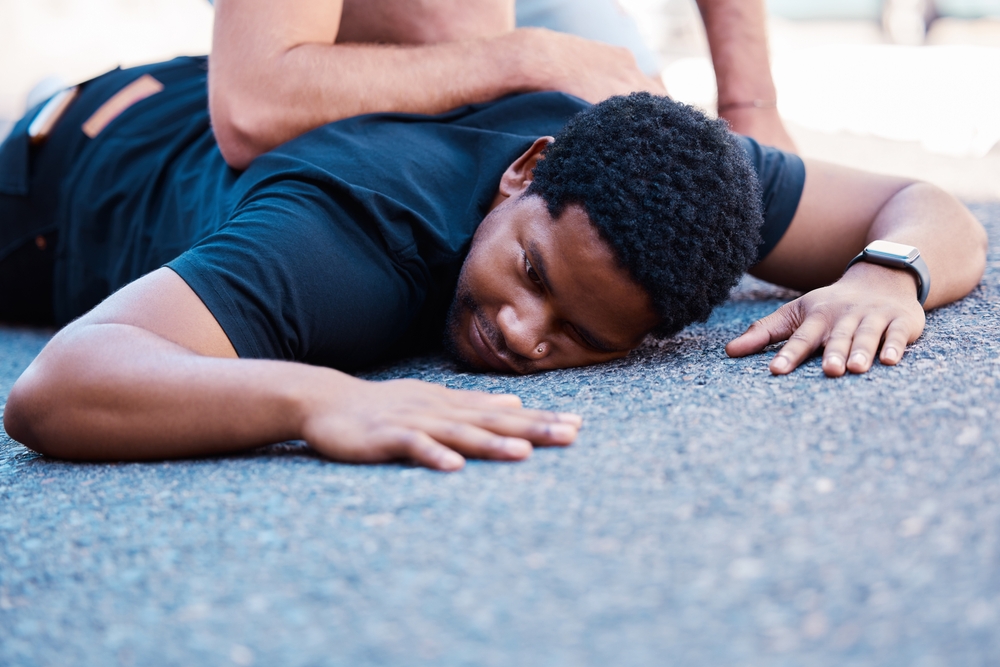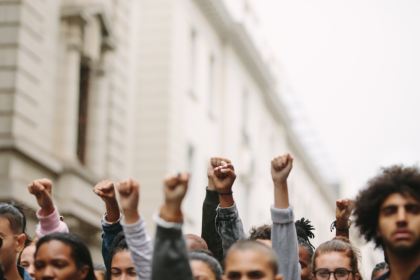The highly publicized trial of Daniel Penny, a former Marine charged with the choking death of Jordan Neely, an unarmed Black man, is set to begin in New York City. This case has sparked intense debate over issues of race, mental health and the limits of self-defense in a society grappling with systemic injustice.
Background of the incident
On May 1, 2023, Neely, a 30-year-old street performer, was reportedly experiencing a mental health crisis while riding the northbound F train in Manhattan. Eyewitnesses described Neely as agitated, shouting about his hunger and expressing a willingness to go to jail. In response, Penny, 24, intervened by placing Neely in a chokehold that lasted approximately 15 minutes, ultimately leading to Neely’s death.
Initially, police did not charge Penny, which led to public outcry and demands for accountability. Following significant pressure, a grand jury indicted him on charges of second-degree manslaughter and criminally negligent homicide. If convicted, Penny could face up to 19 years in prison.
The legal proceedings
Jury selection for Penny’s trial commenced recently, with the court tasked with finding impartial jurors amid widespread media coverage and public opinion surrounding the case. Penny has pleaded not guilty, claiming he acted out of self-defense to protect other passengers from Neely’s perceived threats. His defense team argues that Penny’s military training informed his response to what he believed was a dangerous situation.
Conversely, Neely’s family has been vocal in their calls for justice, pushing for murder charges against Penny. They argue that Neely was not a threat and that Penny’s actions were excessive and unjustified.
Public reaction and protests
The incident has ignited protests across New York City, with activists demanding justice for Neely and accountability for Penny. Demonstrators have gathered outside the courthouse, emphasizing the need for systemic change in how society addresses mental health crises and the treatment of marginalized individuals.
Activists have also criticized the narrative surrounding Penny, with many viewing him as a vigilante who took the law into his own hands rather than a protector of public safety. The case has become emblematic of broader societal issues, including race relations and the treatment of unhoused individuals.
Jordan Neely’s life and struggles
Neely’s tragic death is compounded by a history of trauma. Neely’s mother was murdered by her boyfriend when he was just 14 years old, an event that deeply affected him and contributed to his struggles with mental health. Family members have stated that Neely suffered from depression and schizophrenia, conditions that went untreated due to systemic failures in mental health care.
His aunt, Carolyn Neely, has spoken out about the impact of his mother’s death on his life. This context adds a layer of complexity to the narrative surrounding Neely’s actions on the subway that day.
Daniel Penny’s defense and public support
In the wake of the incident, Penny has received significant financial support for his legal defense, raising over $3 million through crowdfunding efforts. Supporters have labeled him a hero, arguing that he acted in self-defense. This support has been met with backlash from those who view his actions as a manifestation of systemic racism and a failure to protect vulnerable individuals.
Penny has publicly stated that he did not intend to kill Neely and has denied that race played a role in his decision to intervene. His defense team continues to assert that he was merely trying to protect himself and others on the train.
A case of vigilantism or self-defense?
The trial of Penny raises critical questions about the nature of justice, the responsibilities of citizens in crisis situations, and the systemic issues that lead to tragic outcomes for individuals like Neely. As the trial unfolds, it will undoubtedly continue to provoke discussions about race, mental health and the societal structures that shape our responses to crisis.
















